
There’s a reason why tea is the most popular beverage next to water. Tea is utterly good for you, and experts seem to agree. Most people sip tea for relaxation, and to enhance health and well-being, while some lean into its health properties. There isn’t any downside to tea, and all teas boast of health properties (just don’t forget to skip the sweeteners and avoid the bottled teas)
However, if you’re looking to address an ailment or boost a certain aspect for your health, you’ll be happy to know that there’s a kind of tea for that. Read on to get to know the different kinds of tea, plus their health benefits.
Green Tea: Best Tea for Overall Health

When it comes tea, green tea is as gold as it could get, thanks to its many health benefits. Green tea has been lauded for its medicinal properties in China and Japan for thousands of years. Today, it’s widely loved for being rich in polyphenols, or flavonoids, which prevent damaging free radicals from occuring in the body.
What is green tea? It must be one of the simplest and most organic beverages in the world. Green tea is what’s made when you dunk or infuse green tea leaves in a cup. These leaves are widely known as Camellia sinensis, the same plant used for making black, oolong, and white teas. However, unlike other types of tea, green tea doesn’t undergo oxidation and withering processes. Green tea is made by steaming or pan frying, then drying the leaves of Camellia sinensis.
Here’s a snapshot of green tea health benefits:
- Cancer prevention
- Fighting heart disease
- Lowers blood pressure
- Anti-inflammatory treatment
- Weight loss
- Lowers cholesterol
Go ahead and brew yourself a cup of green tea to feel alert, stay active, and build better immunity.
Peppermint Tea: best for sickness
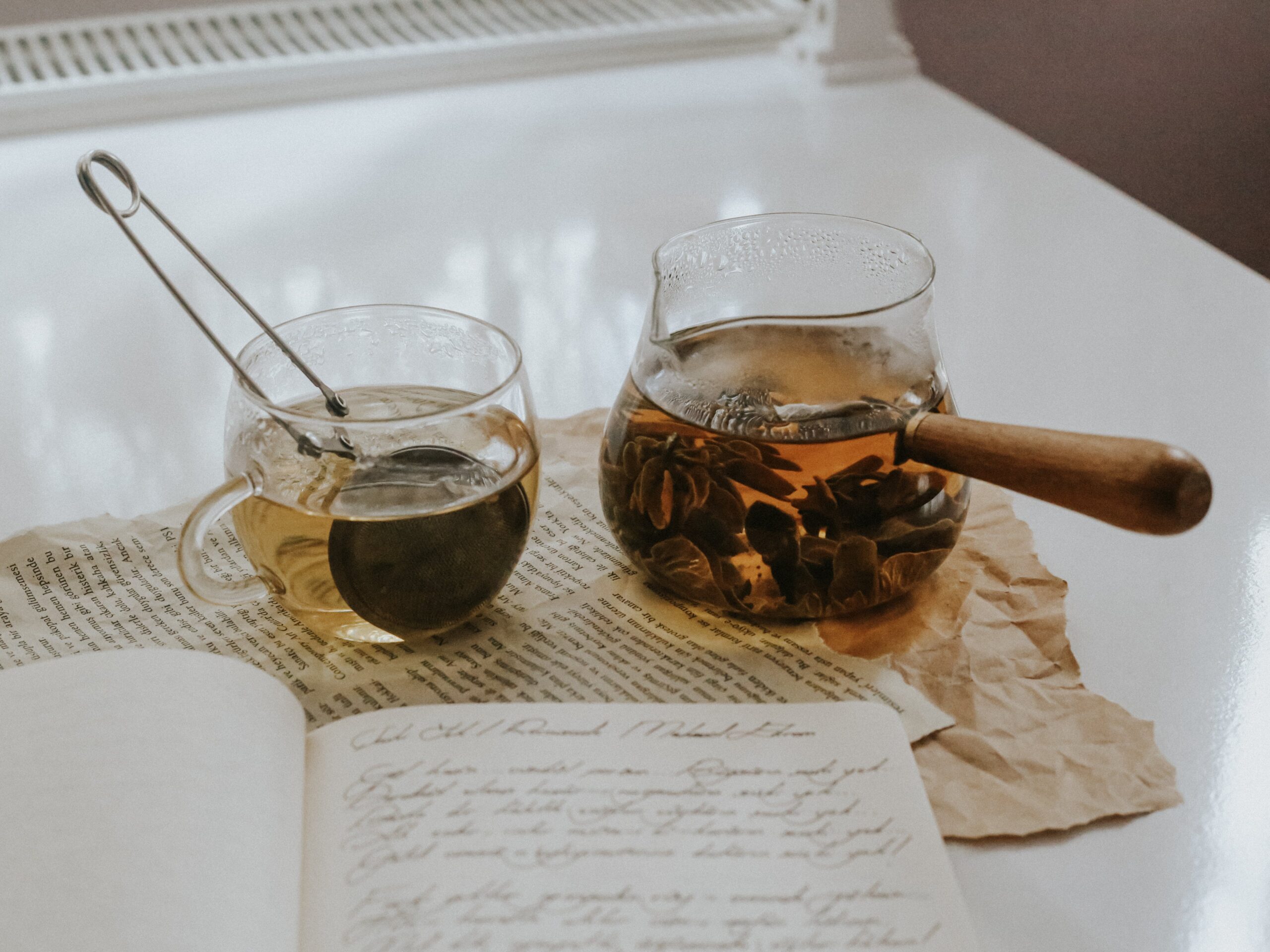
Peppermint, also known as Mentha piperita, is a naturally occurring hybrid of watermint and spearmint. An herb native to Europe and Asia, people have used peppermint for both its medicinal and culinary properties.
Feeling under the weather? Peppermint tea might be your best bet. Menthol and menthol salicylates, the active ingredients in peppermint tea and peppermint extract, may help relieve a variety of health concerns ranging from gastrointestinal conditions to severe headaches.
What’s more, peppermint works well to relax sore throat muscles, relieve nasal congestion, and help relieve fever symptoms.
Some tea brands offer green or black tea with peppermint, so you’ll be sure to reap some of those good polyphenols too, while keeping sickness at bay. Peppermint also contains anti-inflammatory properties that will give your body a much-needed health boost.
Ginger Tea: best for digestion
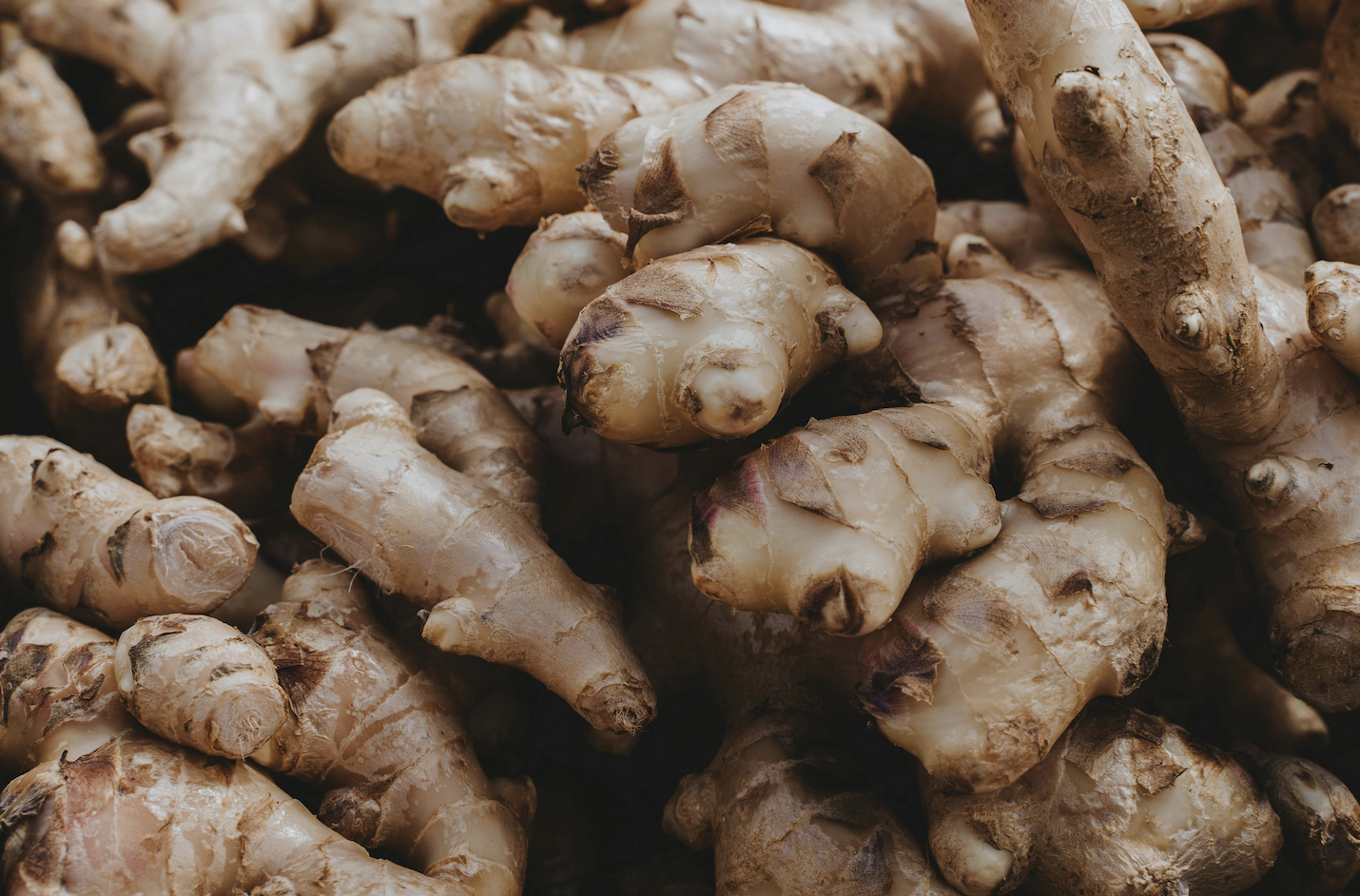
Just like peppermint, ginger has been used for a variety of ailments for thousands of years. This ranges from nausea to menstrual cramps, and antiinflammatory to antioxidant properties.
But one health ailment ginger tea has earned top marks is combating nausea. Have tummy troubles? Whether it’s for calming digestion, or easing digestive stress, go ahead and brew yourself a cuppa.
Furthermore, according to Everyday Health, ginger contains gingerols, the property that lends its characteristic taste and smell. According to research, gingerols may be useful in therapies that help protect against diseases like diabetes and cancer.
Chamomile Tea: Best for curing insomnia and helping with quality sleep
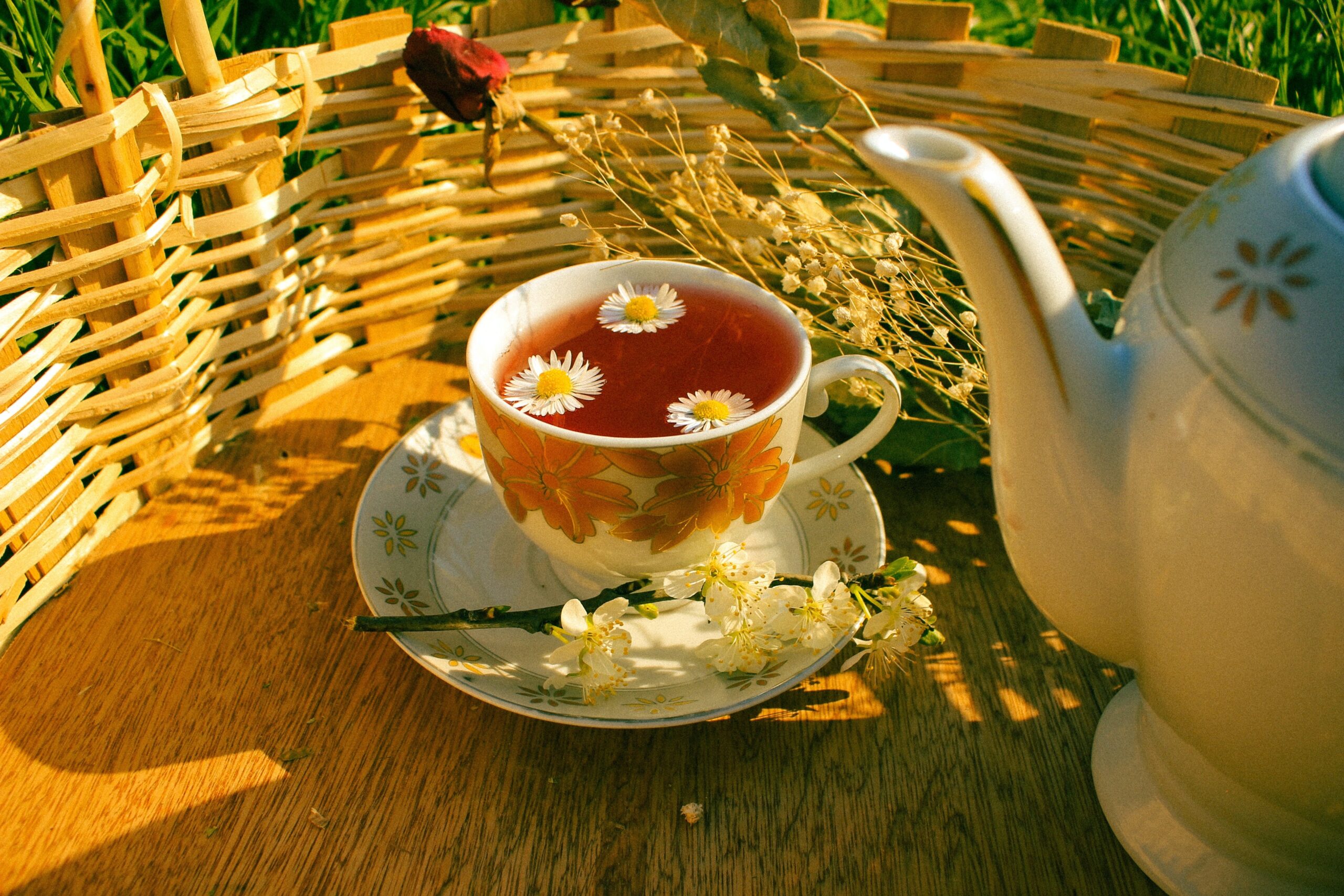
Drinking chamomile tea is best known for reducing insomnia and helping with quality sleep. But did you know that chamomile tea has other nifty benefits, such as helping manage diabetes, menstrual pain, and helping lower inflammation?
But chamomile can’t help but be a beloved bedtime brew. And it’s all thanks to apigenin, chamomile’s antioxidant compounds that induces snooze vibes Apigenin attaches itself to receptors in the brain and works to reduce anxiety, leading to peaceful calm and of course, drowsiness, a pre-cursor to sleep.
Chamomile tea is a mild tranquilizer that’s a viable and a natural sleep aid compared to using sleeping pills.
Hibiscus Tea: best herbal tea for immunity
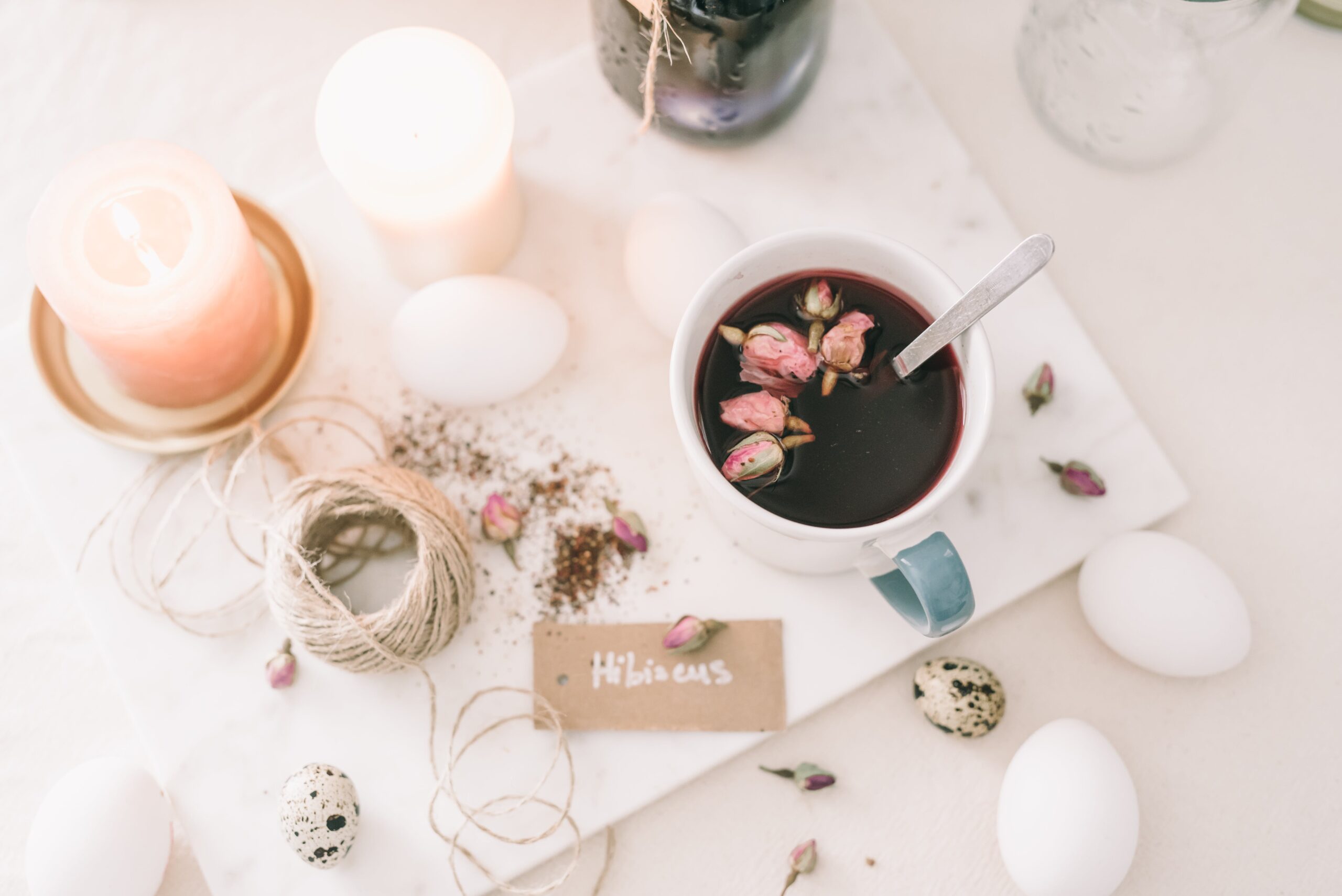
If you’re not a fan of the earthy and grassy taste of Camellia sinensis, then you can just go the route of drinking herbal teas aka tisanes.
What are they? Basically every kind of tea that’s not made from the Camellia sinensis plant, such as herbs, spices, flowers, fruits, or leaves of other plants.
First and foremost among all herbal teas, and is quickly becoming a favorite among culinary practitioners and foodies, is hibiscus flowers.
There are several species of hibiscus, but Hibiscus sabdariffa is the one commonly used to make hibiscus tea.
When steeped into hot water, hibiscus has a tangy and unique flavor, often likened to cranberries.
Here’s a snapshot of the benefits of hibiscus tea:
- Packed with antioxidants
- May help lower blood pressure
- May help improve blood fat levels
- May boost liver health
- Contains compounds that may prevent cancer
- And may help promote weight loss
Jasmine Tea: best herbal tea for calmness and immunity
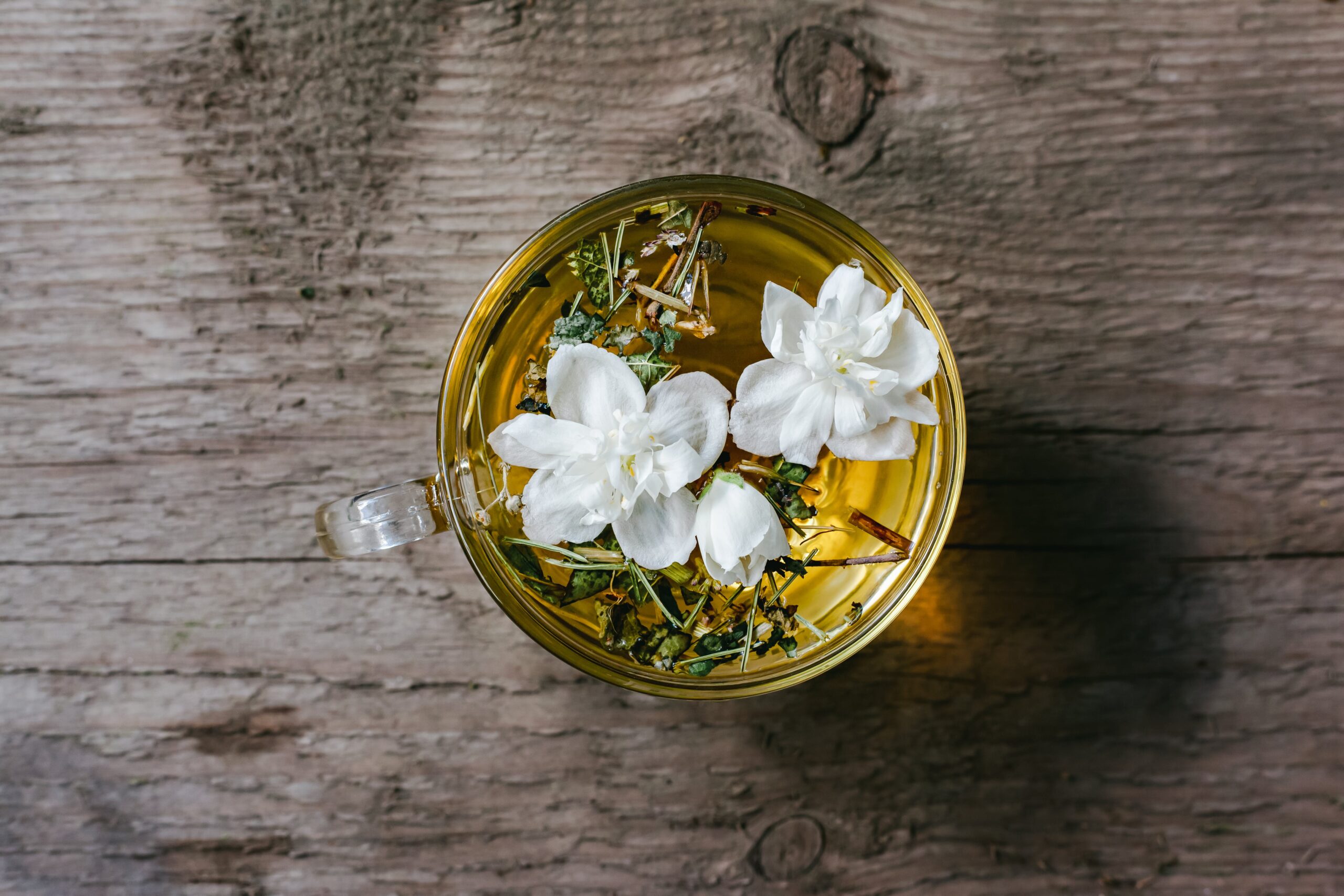
Other tea drinkers love combining green tea with jasmine tea. Scented with the aroma of jasmine blossoms, green tea starts to have a delicate and aromatic quality. But do not underestimate jasmine tea as a sidekick; it offers a host of health benefits too.
In the book Ikigai: The Japanese Secret to a Long and Happy Life, the authors noted tha the inhabitants of Okinawa loved drinking Sanpin-cha, a special blend of green tea and jasmine.
“Okinawans drink more Sanpin-cha — a mix of green tea and jasmine flowers — than any other kind of tea,” they write of jasmine tea, a kind of flower that’s rich in antioxidants.
Note that if you’re fan a fan of green tea, you don’t have to sip green tea scented with jasmine; you may opt to infuse jasmine blossoms into your cup, on its own.
The following are the ways jasmine tea can benefit you:
- Gives an energy kick
- Helps with relaxation
- Can slow aging
- May improve immune system
- Heart-healthy
(READ MORE: Want to Live Long? Learn Longevity Secrets From Japan’s Elderly)
Lemon Verbena Tea: best for obesity-related health issues
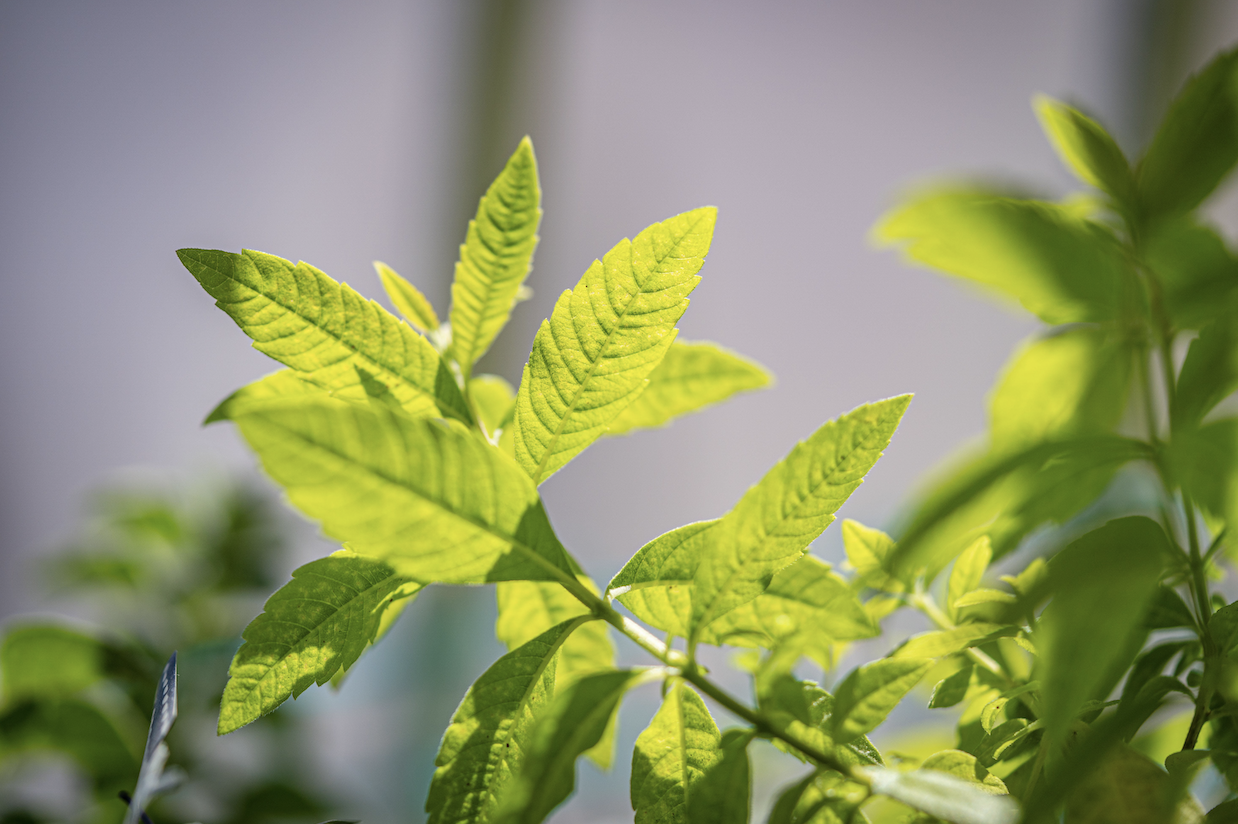
Lemon verbena (Aloysia citrodora) is a flowering shrub native to South America. Leaves and flowering tops are used in foods, medicines, and soothing cups of tea.
Though not as popular as green and ginger tea, lemon verbena has also been a preferred herb for hundreds of years. Used in traditional medicine, lemon verbena has been used to treat respiratory conditions, digestive issues, and more.
Today, lemon verbena is being marketed as a tea for weight loss. According to Medical News Today, studies have shown that the polyphenols in this plant can decrease the formation if fatty acids, marking its potential weight loss properties.
Furthermore, researchers have also noted that due to its pleasant and calming properties, a cup of lemon verbena tea can stimulate mental health and well-being for people who need it.
What about Black Teas?
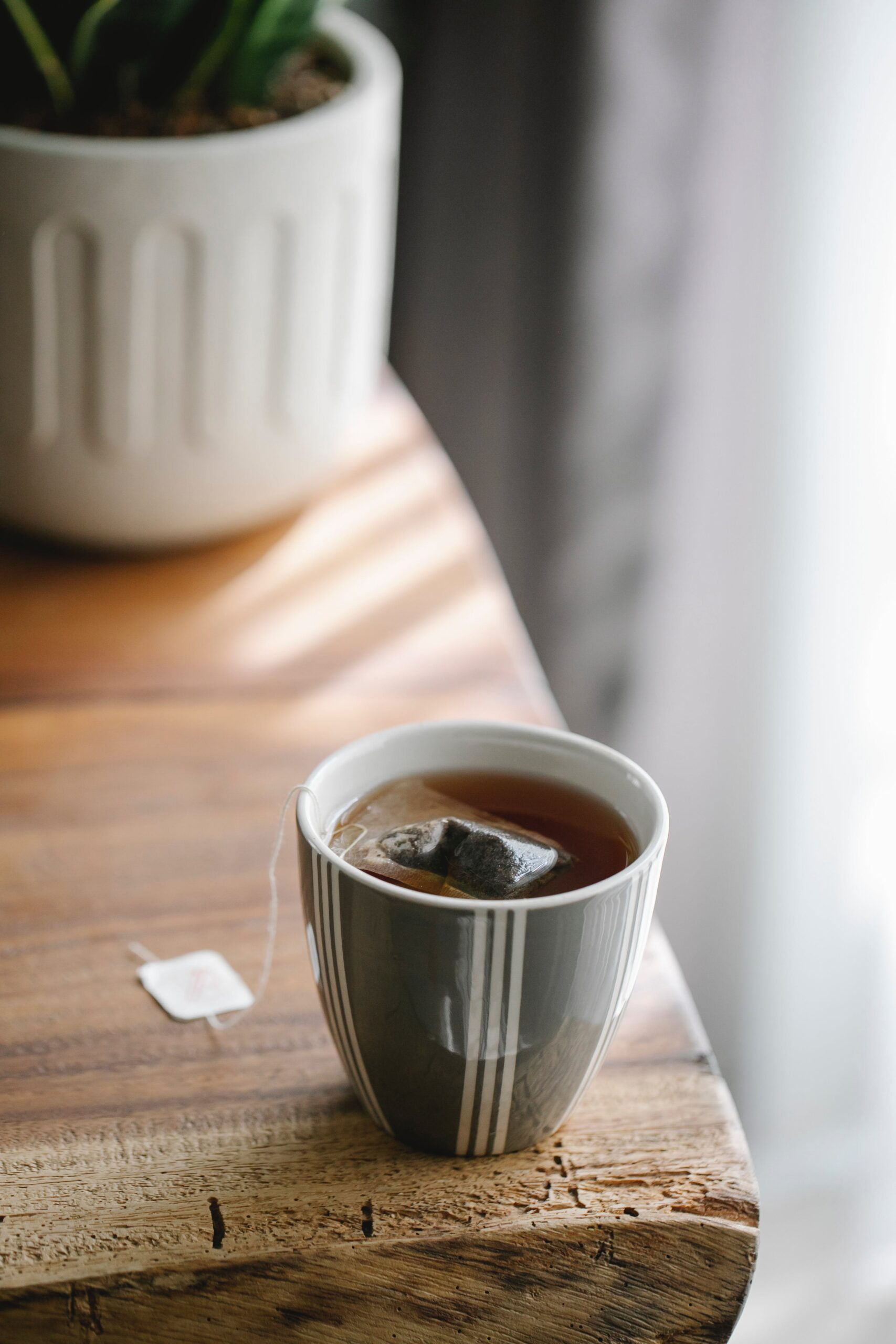
Black teas are made from the same plant as green trea. The only difference is that the leaves in black tea were allowd to age and oxidize, hence, the color black or brown.
Like green tea, black tea is super-charged with polyphenols or antioxidants. Black tea is more widely known for its benefits like improved heart health, gut health, and reduced risk for certain diseases.
However, black tea contains more caffeine than green tea, so it would be wise to avoid drinking black tea four hours before bedtime. Instead, sip or take a swig of some chamomile tea for that.
Tags
References
https://www.everydayhealth.com/diet-nutrition/diet/best-teas-your-health/
https://www.verywellhealth.com/green-tea-benefits-6951098
https://www.forbes.com/health/nutrition/green-tea-benefits/
https://www.medicalnewstoday.com/articles/320031
https://www.medicalnewstoday.com/articles/321243#5.-Lemon-verbena-tea


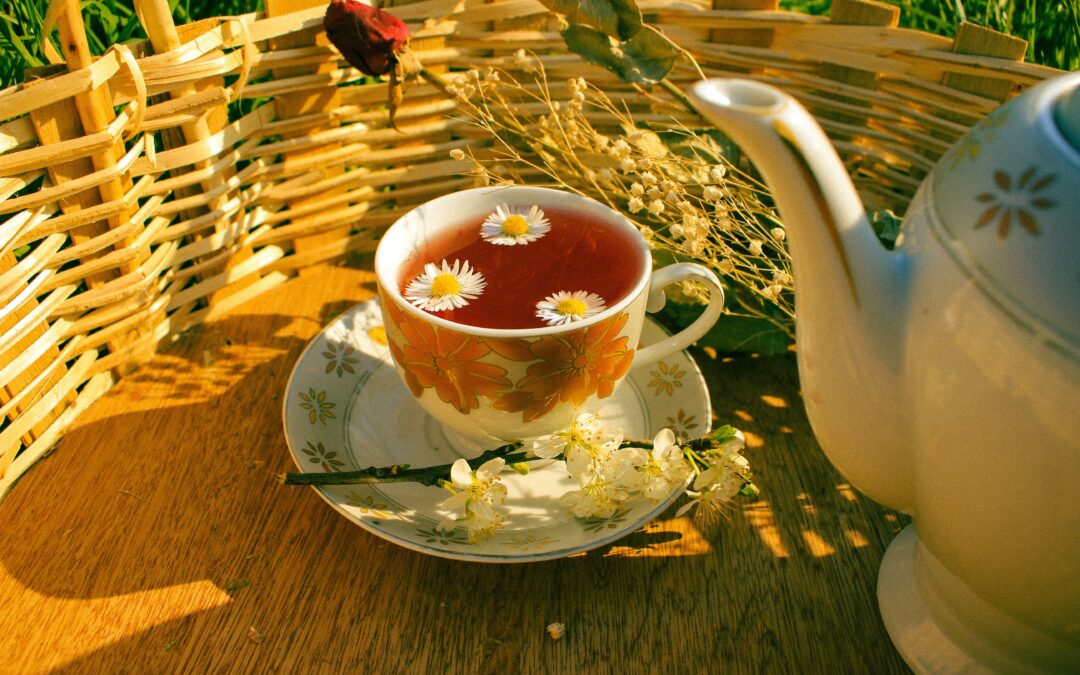
0 Comments
Trackbacks/Pingbacks